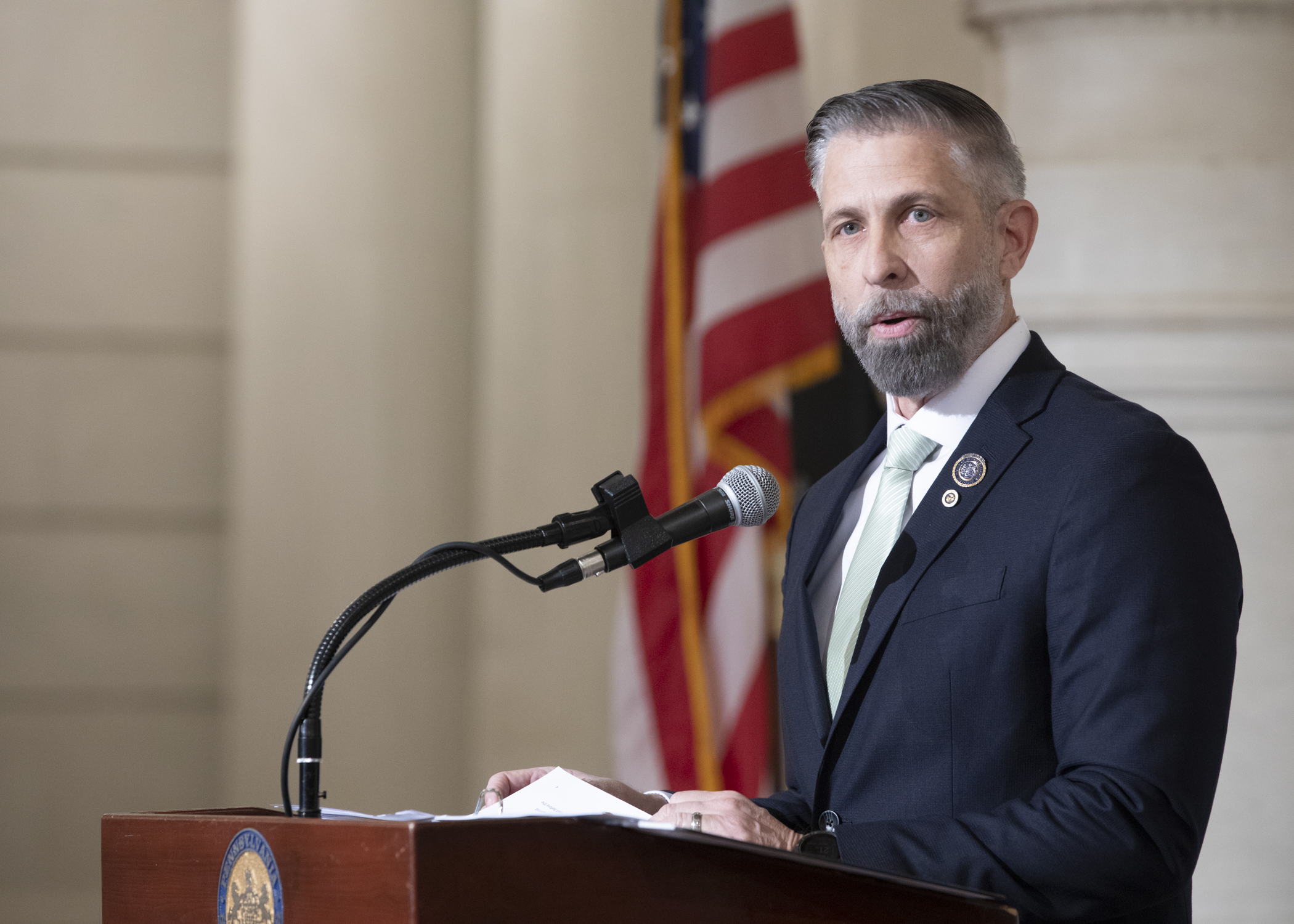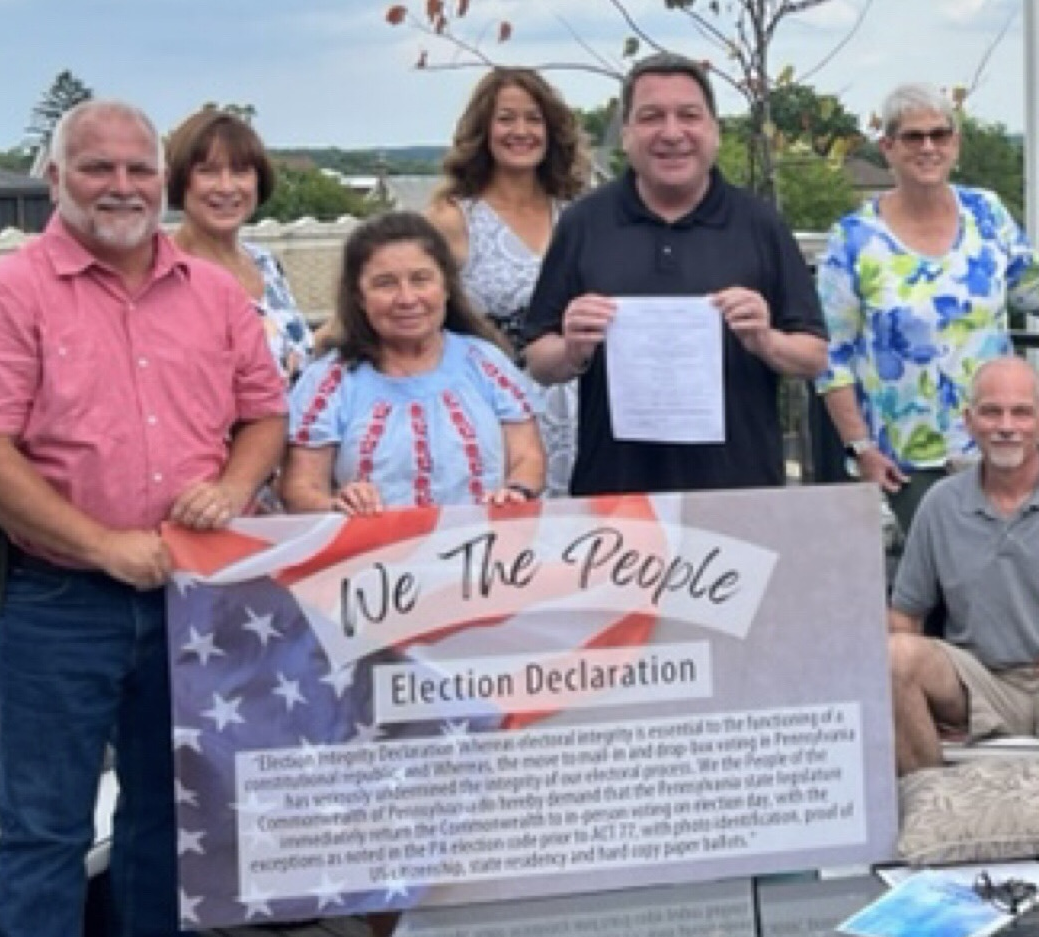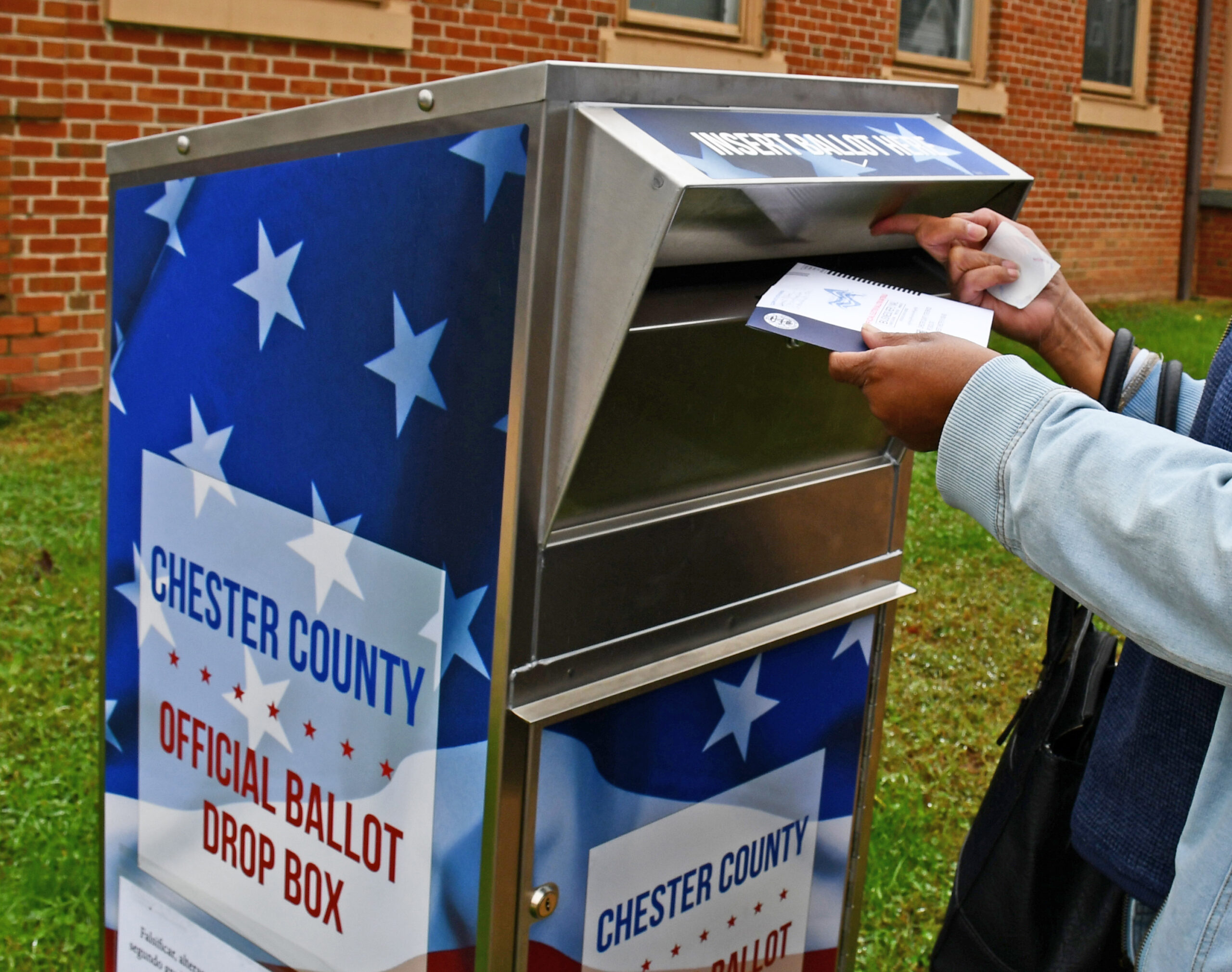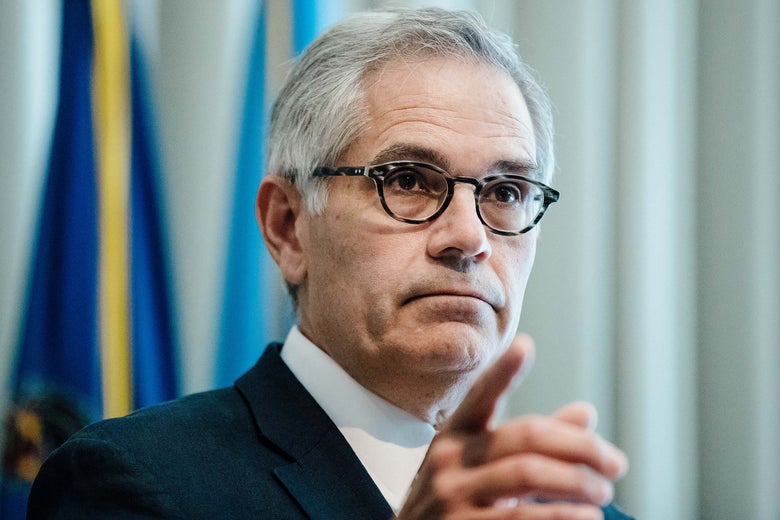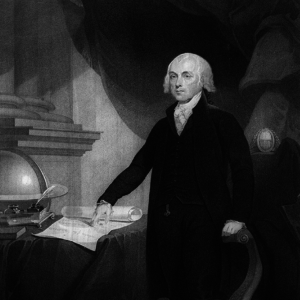PA Supreme Court Signals Support for Abortion Rights, But Sends Case to Lower Court

In a 3-2 decision Monday, the state Supreme Court sent a case regarding whether Medicaid should pay for abortions back to a lower court.
In a 219-page opinion, Justice Christine Donohue ordered that the Commonwealth Court, which previously dismissed it, should hear the case, Allegheny County Reproductive Health Center v. PA Department of Human Services, brought by abortion providers. The case challenges a law that prevents Pennsylvania’s Medicaid program from paying for abortions. However, Medicaid does pay for full-term pregnancy care.
Donohue and Justice David Wecht held that the state’s Equal Rights Amendment protects the right to an abortion. Justice Kevin Dougherty agreed. Justices Kevin Brobson and Daniel McCaffery were not involved in the case.
However, two justices dissented, Justice Sallie Updyke Mundy and Chief Justice Debra Todd.
House Speaker Joanna McClinton (D-Philadelphia/Delaware) said, “Today’s Supreme Court ruling is an important step in reaffirming Pennsylvania’s commitment to personal freedom, including reproductive freedom. With other states chipping away at women’s rights, this is a good decision for all Pennsylvanians, but especially for women, who should have the right to make decisions about their own body, including reproductive decisions.”
However, House Republican Leader Bryan Cutler (R-Lancaster) said the Supreme Court had overstepped its authority.
“Pennsylvania law already allows public funds to be used to pay for abortions in case of incest, rape or to protect the life of the mother. This decision, supported by only part of the seven-member court, eviscerates the past, well-established precedent of the Pennsylvania Supreme Court and opens the door for tax dollars to pay for all elective abortions,” said Cutler.
“Pennsylvania’s Abortion Control Act is the gold standard for a middle ground and compromise over reproductive rights law,” Cutler said. “It was passed with bipartisan support and signed by a Democratic governor. The court opening this law does nothing but further the divide over such a sensitive topic and will only lead to more mischief and bad faith where lawmakers and other elected officials should be leading with respect and understanding.”
Jeremy Samek, senior counsel for the Pennsylvania Family Institute, which filed a friend of the court brief in the case, said, “The good news is that the abortion industry failed to receive a majority of the court ruling to invent a right to an abortion in our state’s Constitution. “The bad news is three justices overruled the longstanding state law – upheld by seven members of the Pennsylvania Supreme Court nearly 40 years ago – that prevents taxpayer funding of elective abortions.”
Michael Geer, president of the Pennsylvania Family Institute, added, “Two of the justices – Christine Donahue and David Wecht – agreed with the abortion industry’s request to declare a ‘fundamental right to reproductive autonomy,’ something not found in the Pennsylvania Constitution. Creating such a sweeping right would have severe implications, including allowing unfettered abortion until birth. Thankfully, this did not gain support from other members of the court.”

